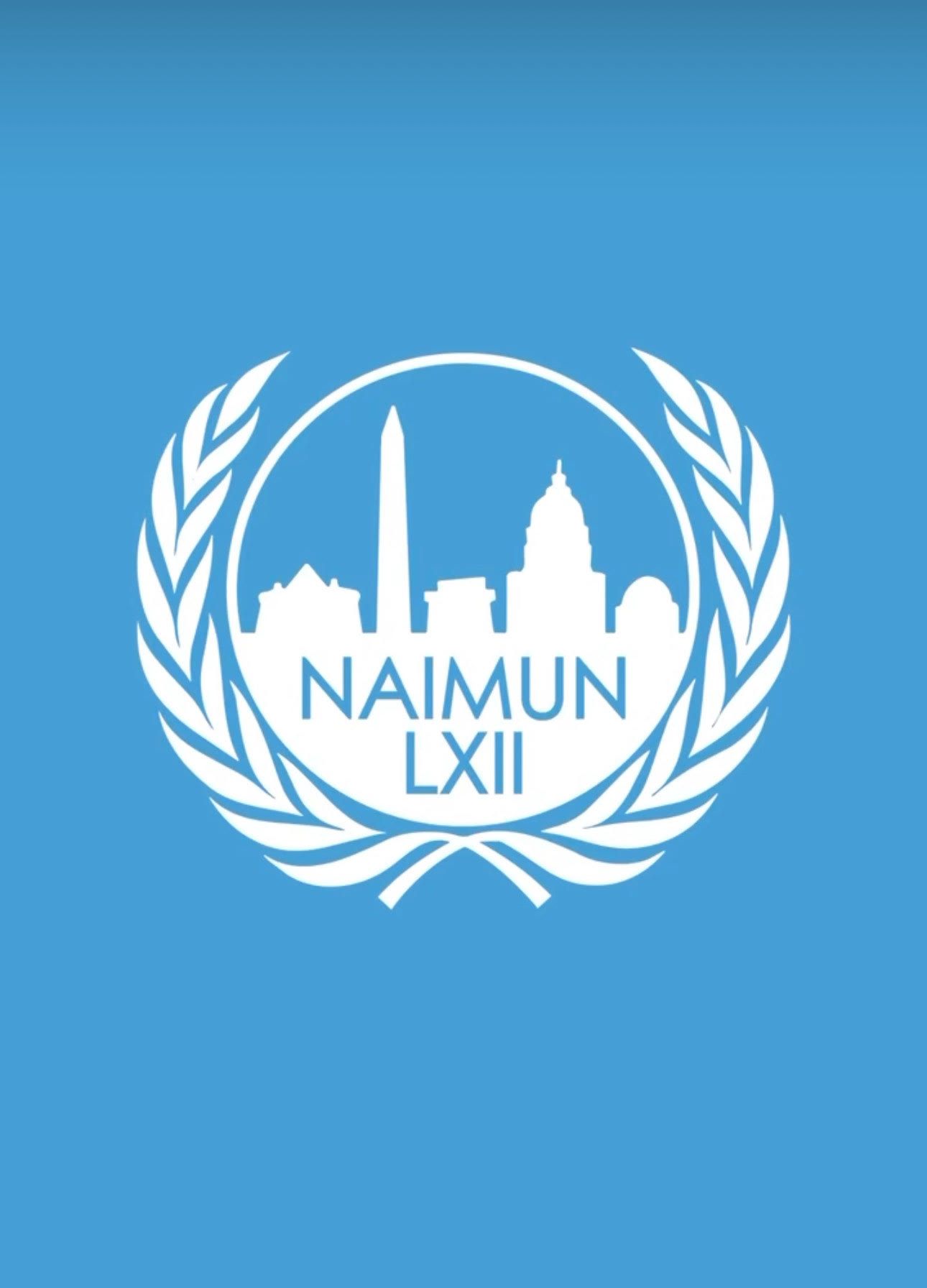One Conference Can Make a Diplomat
Sofia Chentsova reports on the impacts of participation in Model United Nations on the next generation of world leaders
Traversing through the current political climate can be disheartening and demotivating for students who aspire to make impactful change. During these critical times, organizations such as the North American Invitational Model United Nations (NAIMUN) serve as important opportunities for youth to exercise their political voice by teaching them important interpersonal and advocacy skills.
The Georgetown International Relations Association, Inc., a nonprofit, student-run organization, organizes the conference that brings high school students from across the nation and overseas to experience a simulation of the real UN environment. Participants learn to represent countries and draft UN resolutions in a professional environment. For example, the students take on roles in a General Assembly or Crisis Committee.
Oftentimes, students who participate in the Model United Nations conference throughout high school are eager to continue this journey in college. Two seniors at Georgetown, Jaskee Kaur Thakral, a biology major in CAS ‘25, and Anagha Chakravarti, majoring in international politics SFS ‘25, found their interest in diplomacy and advocacy in high school MUN.
Kaur Thakral says, “Being involved in Model United Nations in high school was a meaningful experience. Whether competing or putting on conferences, I developed such a plethora of skills that have been crucial in shaping me to be who I am today.”
Chakravarti said that she feels as though Model United Nations has been “incredibly valuable for my skills, academic interests, pre-professional activities and future career goals.”
Echoing the principles of NAIMUN: “Diplomacy through education,” Anagha Chakravarti testifies that “Chairing different committees in NAIMUN for the last four years has been the most meaningful part of my Georgetown experience. The committee topics are relevant to my field of study… and I can exercise critical thinking, leadership, and professionalism, which are important skills.”
The skills participants and facilitators learn at NAIMUN, as well as the networking opportunities, can shape their futures and benefit them greatly. Even though Kaur Thakral is a biology major, her highschool participation gave her experience in staffing and attending conferences in college and enjoying it even more. “To witness and help high schoolers engage with complex, nuanced, but incredibly relevant real-world topics in committee can sometimes be a tough task, but ultimately a very impactful and rewarding one. You have the opportunity to be involved in their journey of finding their passions and interests, and the privilege to watch them grow. It will forever be one of my most memorable experiences at Georgetown.”
This year, delegates faced two subtopics at NAIMUN LXII: Topic A: Implications of the Military-Industrial Complex for Conflict and Topic B: Maritime Piracy in the Middle East and North Africa. Participants were assigned countries, and made speeches for and against disarmament policies in the modern world. Given the current conflict increase on a global scale, more delegates argued for defense and security over arms racing and increased production. Since the conference takes place over around four days, the topic of discussion is decided through a vote among the student delegates. Unfortunately, the second topic was not chosen to develop further.
Studies today show a 65% increase in global conflict since 2021. Not only does the safety and future of Europe depend on Ukraine’s stability, but conflict is also aflame in Palestine, and tensions are rising between China and Taiwan. All these are critical in maintaining some form of global stability. Global cooperation is essential, or countries risk repeating the same mistakes we have seen in history two world wars. The US pulling its support for Ukraine and pressuring them into giving concessions echoes negotiations over Czechoslovakia in 1938, and a potential ceasefire agreement in Palestine and the rebuilding of Gaza echoes the Partition of the British colony of India into India and Pakistan. Only time will tell if the future will defy pessimistic predictions or propel us into an unstable time never seen before. However, one thing is certain: the next generation of leaders is our future.
The valuable skill set and cooperation techniques gained at NAIMUN and similar MUN conferences are what will guide our emerging leaders. NAIMUN is a place of opportunity and an essential extracurricular activity that teaches real life, history, and responsibility. Programs such as this conference should be a societal priority, ensuring future generations have an opportunity to lead, connect, and grow in an educationally stimulating environment.






